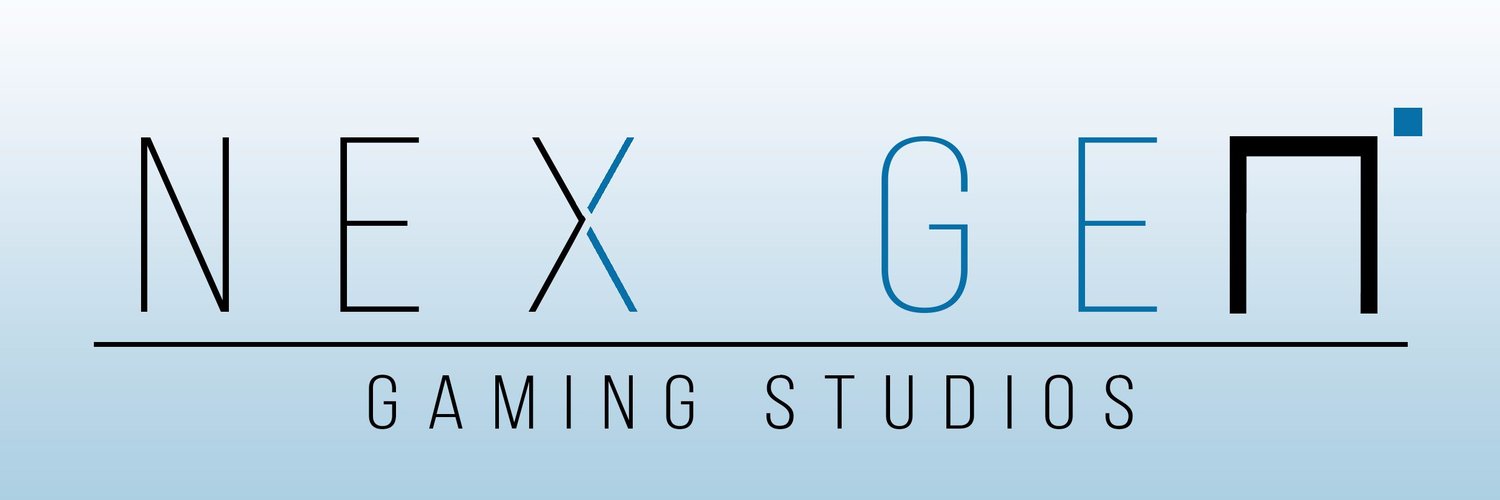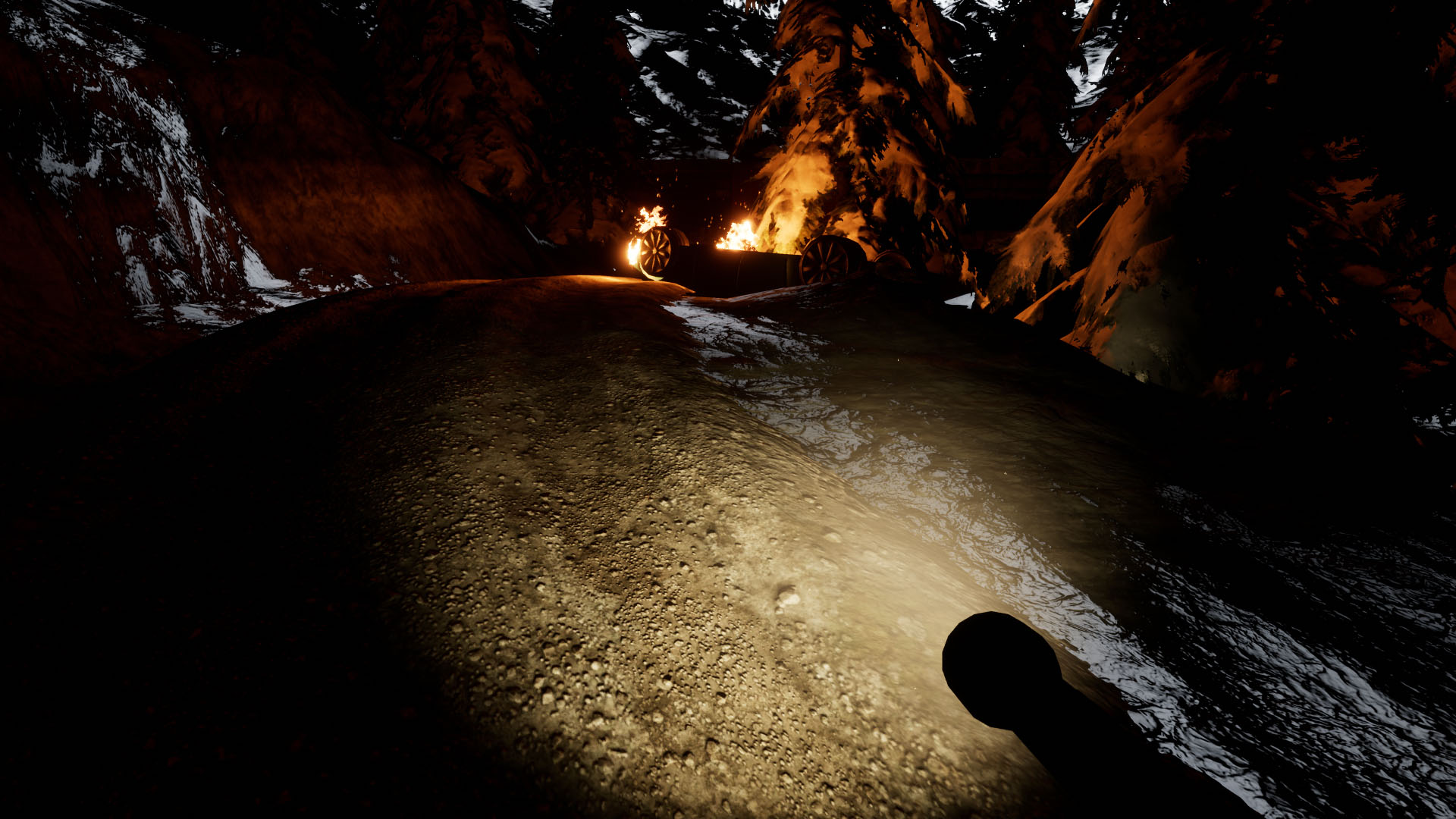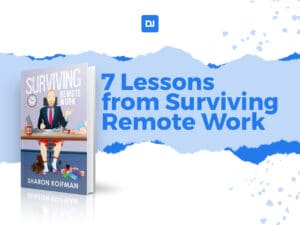
NextGen Gaming Studios is an up-and-coming video game developer that has been making waves with their episodic action/horror game, Something In The Dark. Recently greenlit on the Steam market, the game is a product of a team where some people work locally, but most work from home.
We’ve chatted with NextGen owner and lead programmer Kody Stone about what it takes to lead and motivate this kind of team. We’ll also touch on how to evaluate productivity with remote developers.
When Local Meets Remote: The Next Gen Team
The team creating Something in the Dark started locally but quickly grew to become an international outfit. Currently, only four out of the 23 people employed by the company work locally.
Much like in our previous brush with awesome indie game developers Rocketcat Games, NextGen likes to keep it simple: their main team communication tool is gamer-favorite Discord. Discord could be succinctly described as Slack for Gamers, only as a free tool, it actually has a less limiting feature-set when it comes to interpersonal communication.
The NextGen team has a daily voice meeting over Discord (video is still in the works). The purpose of this business meeting is to make sure everyone is on track and understands the project management process. Some of NextGen’s employees are part-time, so Cory emphasizes that flexibility is key when setting up the meeting.
One-on-ones are also valuable tools that Kody employs whenever he feels that a team member needs additional direction.
Rethinking Project Tracking And Employee Evaluation
A constantly-updated Trello board gives the team a bird’s-eye view of the whole project. In the meantime, Kody believes that the best way to know how good the work is is by measuring it up to general industry standards. So he works to constantly get his teamwork in the hands of people that can provide feedback on the quality of the work. As he puts it:
“We use a Focus Group, that is, a slice of our demographic who gets our assets, stories, art, and games at an early stage, so we can get feedback from real players.”
This also ended up being more effective than usual team motivation techniques, as receiving feedback and seeing people get excited about the results early on helps combat the isolationism that remote workers often feel. The feedback makes them less likely to feel like they’re toiling in the dark.
Kody is also bullish about supporting his employees outside of the scope of the work they do for the company:
“We try to be very encouraging about all forms of our employees’ art and creative outlets. We support our team’s youtubers, twitch streamers, and musicians in any way possible. This makes those people want to work that much harder for you on your project.”

What To Do When Remote Jobs Don’t Work Out
Despite NextGen having successfully at launched their game as a remote team, they soon found out that not everyone is suited for remote coding jobs.
Case in point: an employee with a great portfolio came in, recommended by a teammate. But he then proceeded to fail every milestone and present next to no work done in the following three months.
From Kody’s perspective, the ultimate problem was that the employee didn’t have the capacity to self-motivate that is crucial in a good remote employee:
“Because he wasn’t [working on] his ideas and he wasn’t taking lead on anything himself, he didn’t have any motivation. Aside from the pay. I gave him the benefit of the doubt, tried to talk to him and he ignored me. So he was removed [from the team].”
Kody went on to explain to us that they take a kind but firm stance on people that slack on communicating and delivering. When it comes to folks not responding, or not doing the work assigned to them, the management gives up to three warnings. If the team member doesn’t get their act together, management holds a personal meeting to pinpoint and fix the issue. If this fails, then they bring out the employee termination checklist.
The good news is that you can experience all of the advantages that NextGen Gaming has had due to their virtual team, with none of the growing pains. We at Distant Job are experts at making sure you get top performers that are used to the dynamics of virtual teams and remote work.
Get in touch with us today and start adding remote employees to your existing local team.


